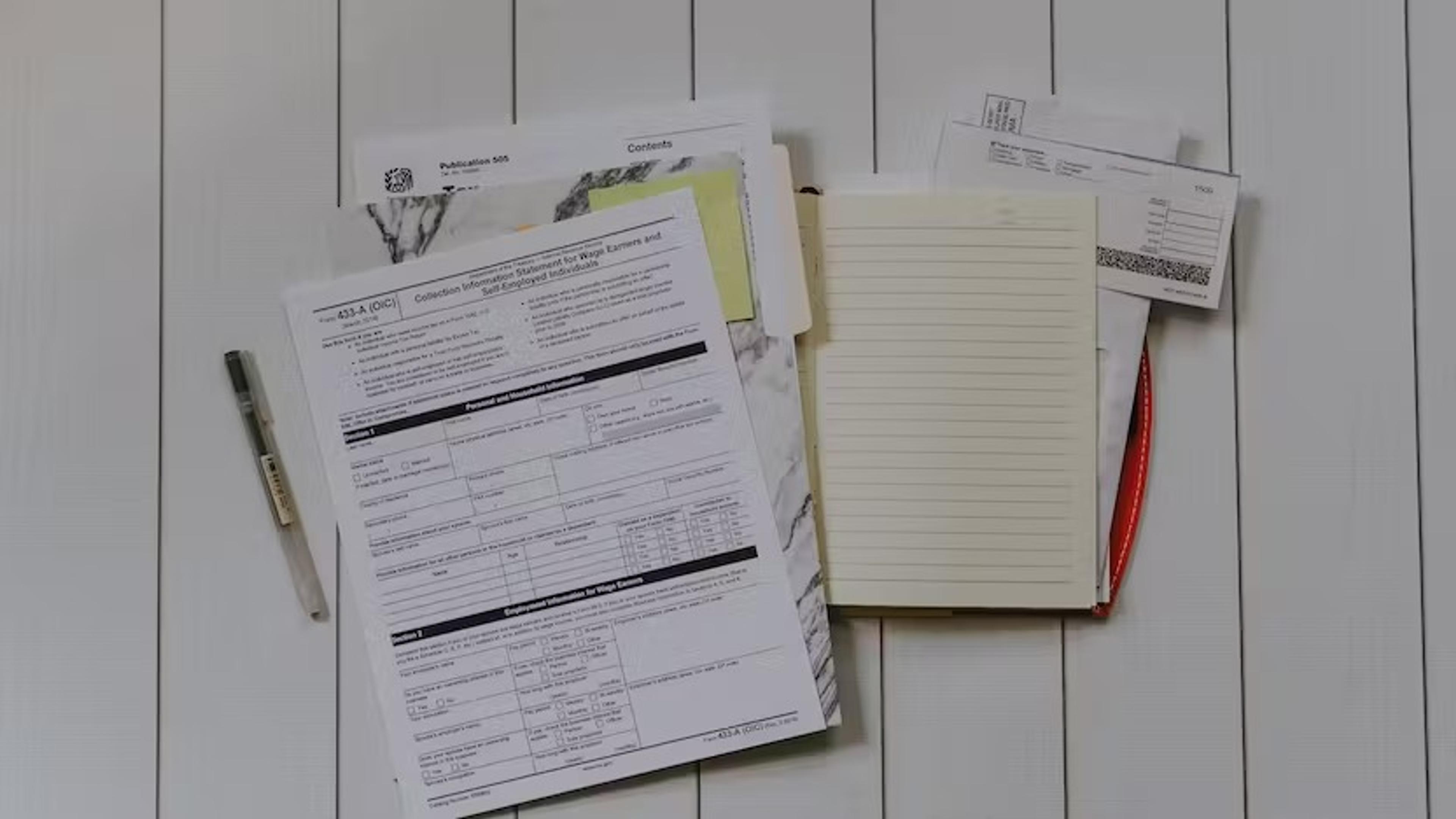The self-employed aren’t saving, but there's a bigger pensions problem
- By
- Chris Eastwood

Amongst a slew of alarmist pensions-related headlines over the past few weeks was the news that pensions contributions are plummeting amongst the self-employed. Worrying? Yes. Surprising? No, although doubtless the issue is provoking debate in the DWP given the government’s sustained push over the last decade to get more of the workforce enrolled in private pensions schemes.
Pension auto-enrolment has undoubtedly been a positive development, but its impact is heavily skewed towards traditional career paths at a time when there are now around five million UK workers categorised as self-employed. That’s 15 percent of the total workforce, with the number only set to grow given the increasing popularity of freelance and portfolio careers over traditional employment paths.
Where once a significant proportion of the workforce would stay with one or two employers over their career, today’s employees typically soak up a diversity of different experience from the get-go – including various self-employed roles.
In fact, such is the level of competition for graduate jobs that many people are emerging from higher education straight into gig-economy roles to bolster their CVs, or literally setting up their own businesses while they’re still studying. It’s hard to fault the resourceful, entrepreneurial nature of these young workers, but it is also obvious that, in choosing these paths, they’re less likely to access the financial support and guidance that comes as standard within most established businesses.
Furthermore, rarely is self-employment a permanent state of professional existence. Most people veer in and out of it over the course of their careers. They start side businesses; they drive Ubers at the weekends; some go part-time to achieve a better work/life balance; others work twice the average number of working hours to gain traction for their new ventures.
Given this, it seems entirely obvious why such a vast and diverse audience isn’t engaged with the world of pensions – i.e. 40-year savings products designed squarely for job-for-life PAYE employees.
Conventional pensions are just not built for today’s self-employed workers; hence, it is unsurprising that contributions are plummeting. However, to focus squarely on the currently self-employed is to overlook the bigger problem: conventional pensions are not really built for today’s PAYE employees either.
Put bluntly, the UK’s approach to pensions needs to be rethought from the ground up to adequately cater for modern career paths. We require serious innovation to solve some of the structural shortcomings at the heart of the industry, starting with the lack of flexibility that makes it nigh on impossible for the average employee to stick with the same pension throughout their career.
This problem is bad enough for workers who move companies and find themselves auto-enrolled into a new pension each time; it’s worse still for people who move into self-employment and suddenly face the challenge of managing multiple pensions pots alone – while incurring ongoing administration fees on each.
The more you dissect the industry, the more that other shortcomings become apparent. Pensions performance data that is so impervious it requires you to employ a financial advisor to explain it all. The insistence on conducting everything via physical letter and paper forms, even though most city-dwellers these days will move house every 12-24 months.
As with so many other traditional industries that are no longer fit-for-purpose, transformative technology is waiting in the wings to perform the necessary market disruption. The open banking movement is allowing for seamless integration of formerly disparate financial services, giving customers a much more holistic view of their financial health. Using APIs external financial services can plug into company payroll systems and ensure employees bring their existing pension with them when they start a new role. Simple cloud-based tools and apps can help the self-employed manage both short- and long-term savings products without the need to employ expensive advisors.
This is the sort of serious product innovation we need to see within the pensions industry to arrest the decline in contributions and prevent a large contingent of the current workforce from suffering serious financial shortfalls later in life. But alongside this, we also need to change the conversation about how people are constructing their careers, and delve deeper into the world of the ‘self-employed’ to better understand the wants and needs of millions of workers who aren’t on the permanent payroll.
Create an account with us today and start saving for your future.
With pensions, as with all investments, your capital is at risk and the value of your pension with Penfold may go up as well as down. You may get back less than you put in.

Chris Eastwood
Penfold Co-CEO and Co-Founder